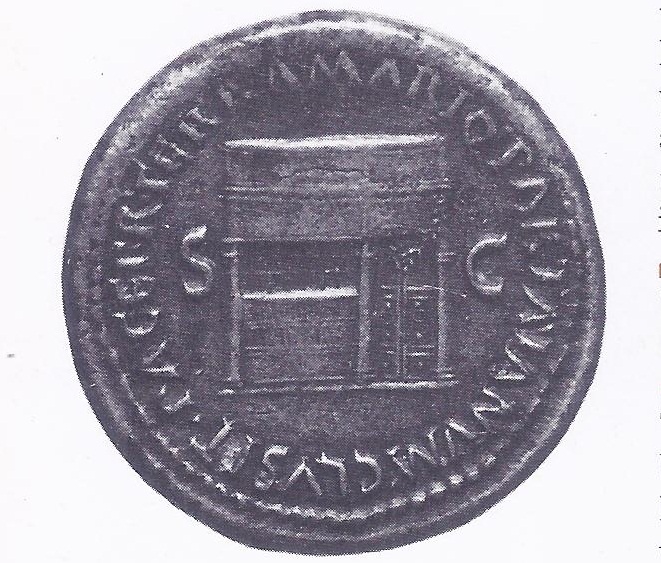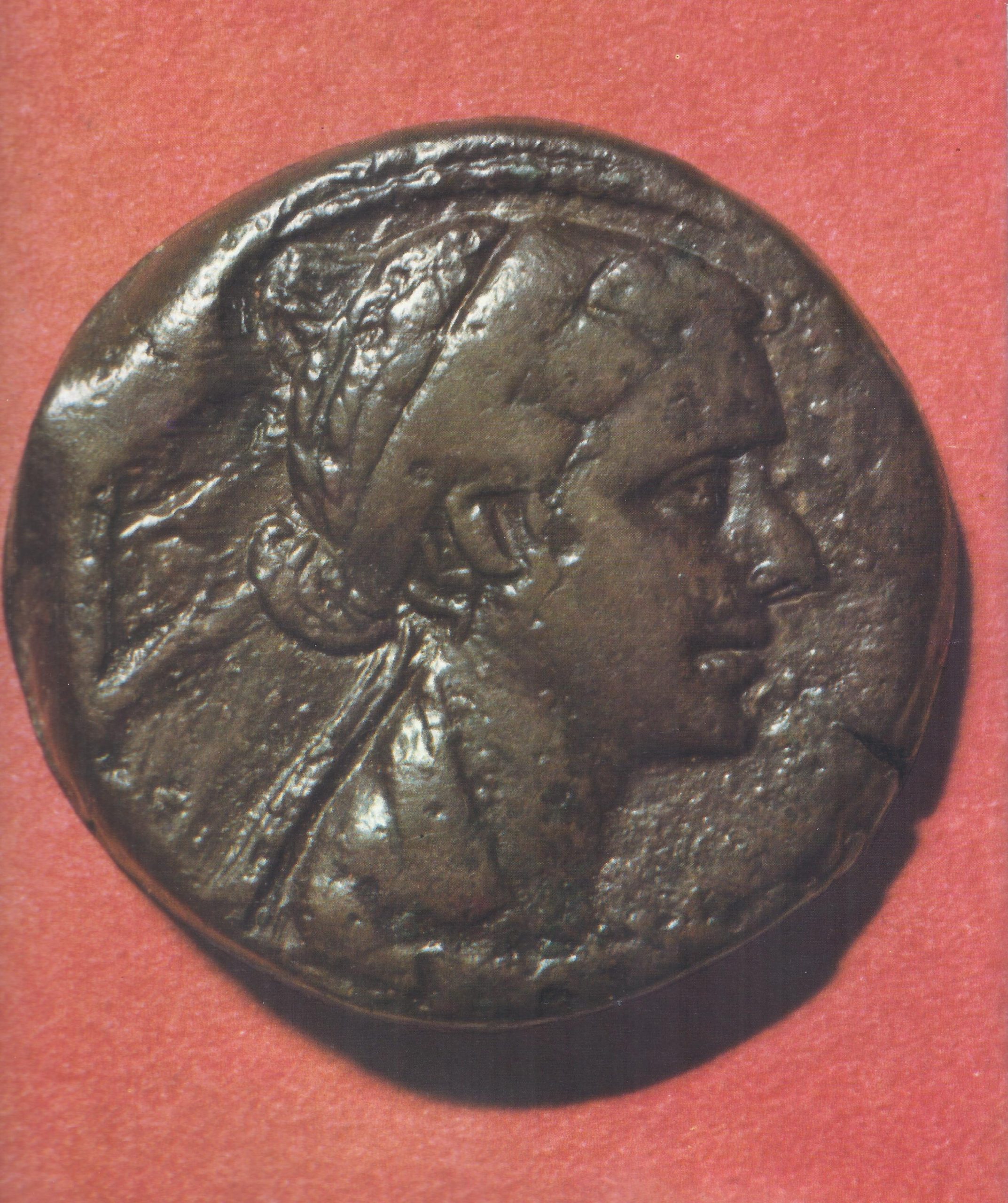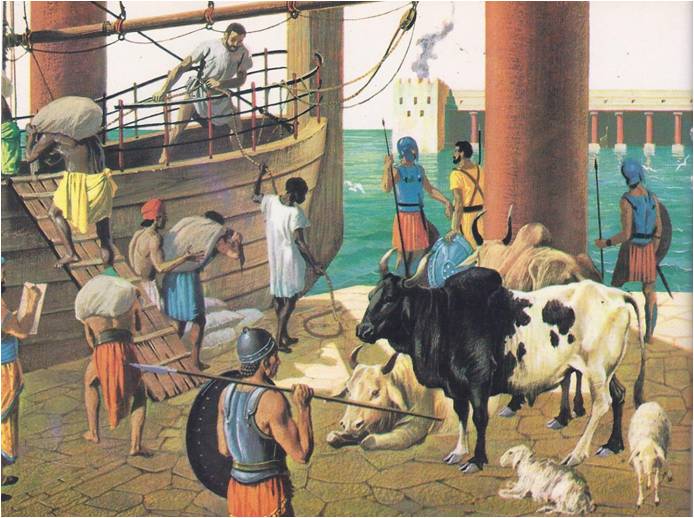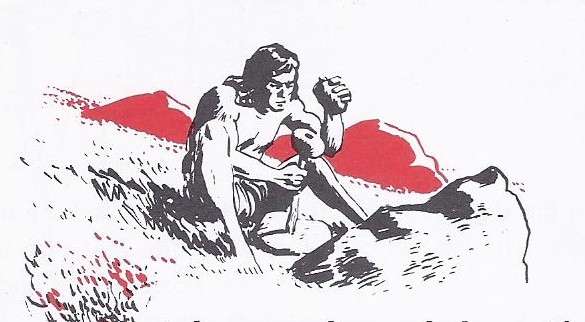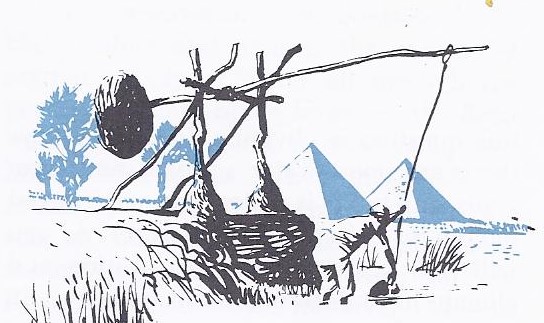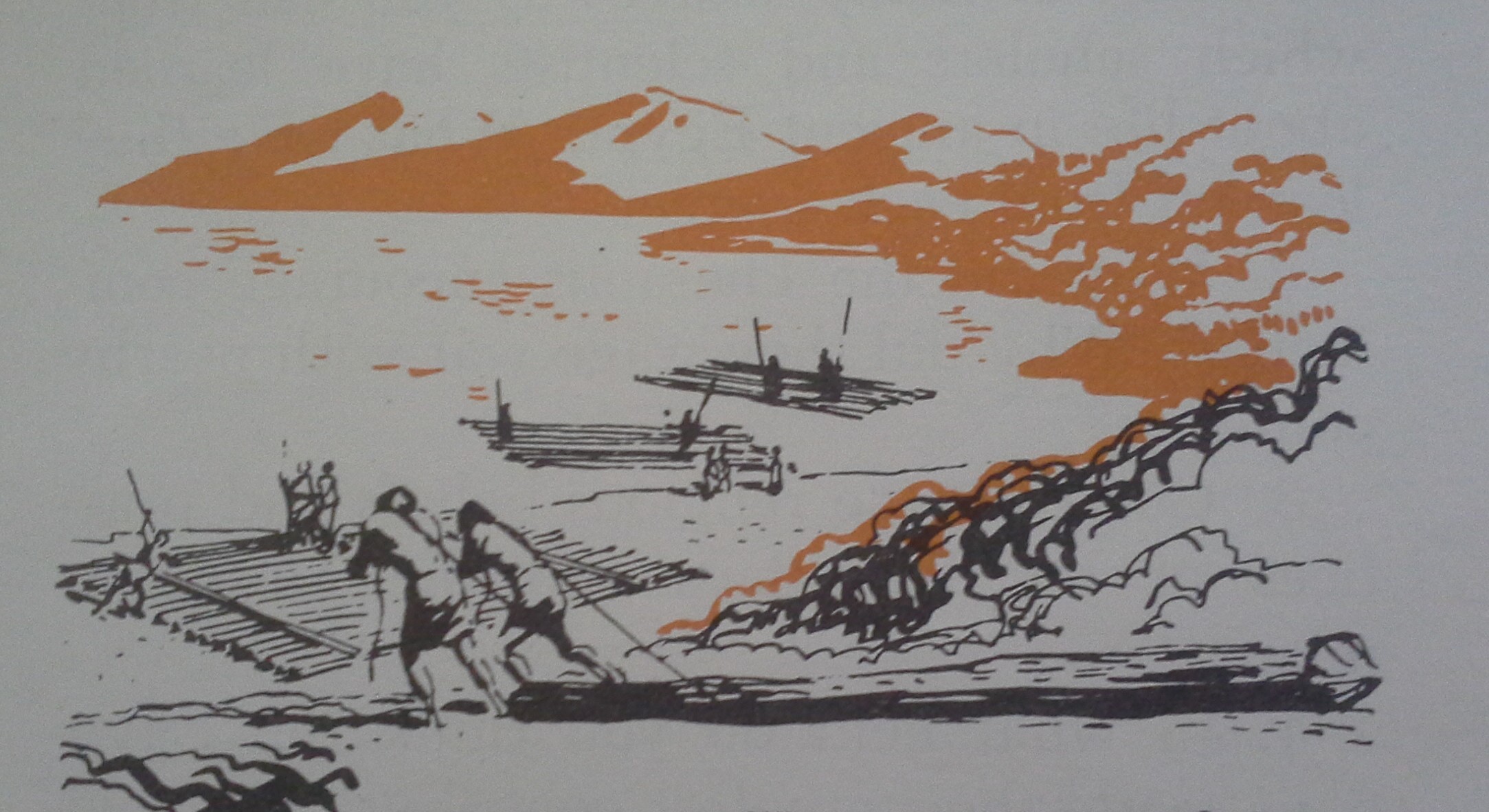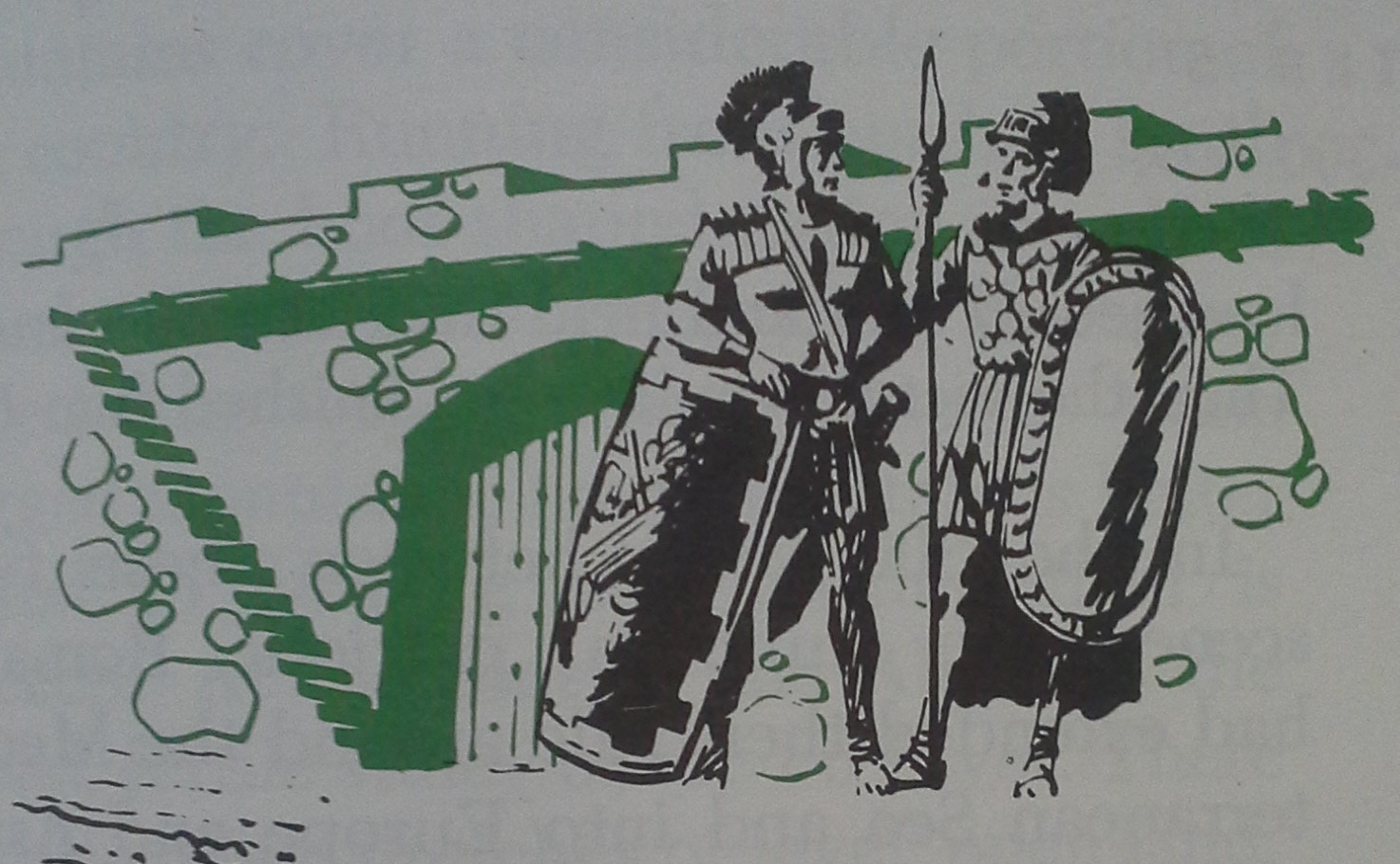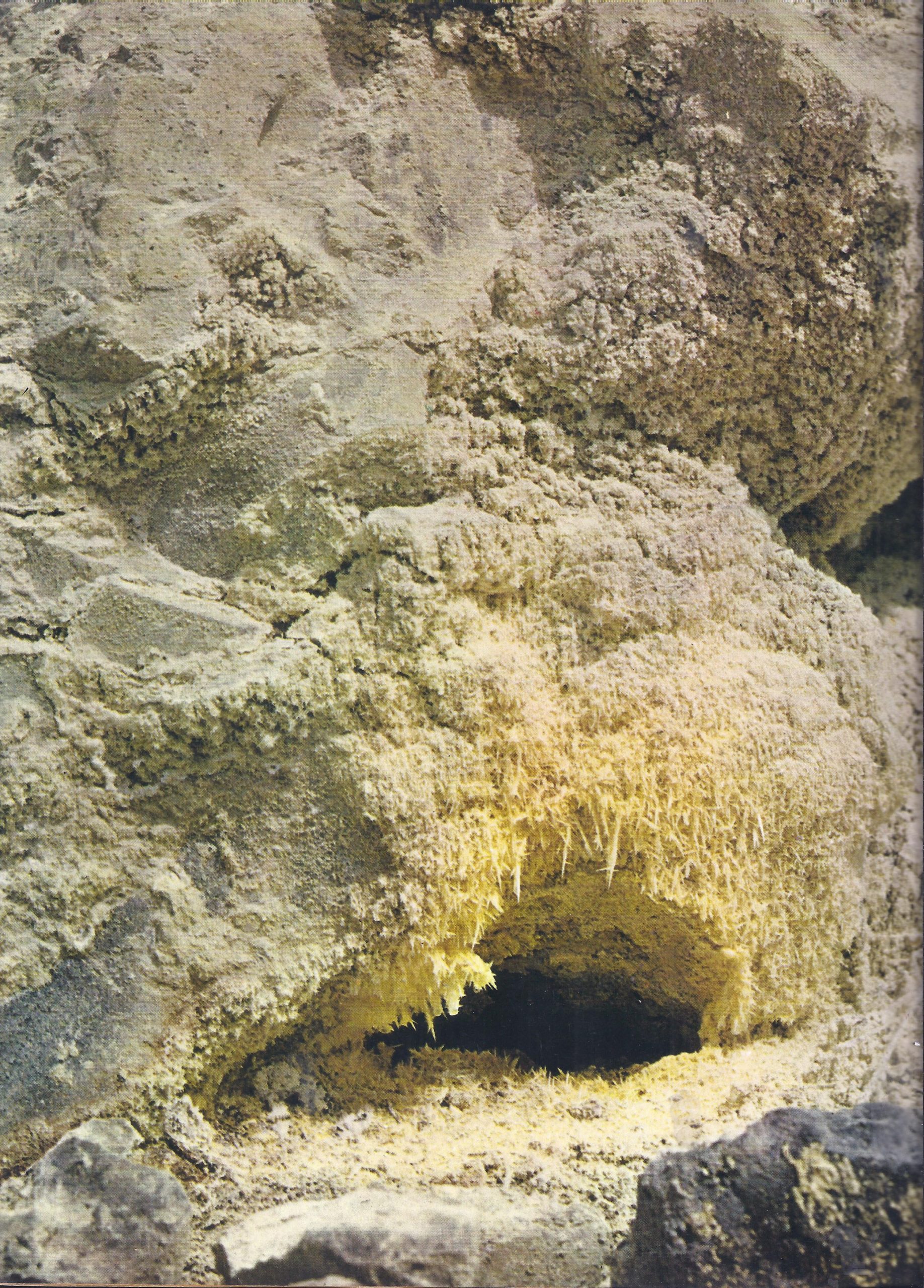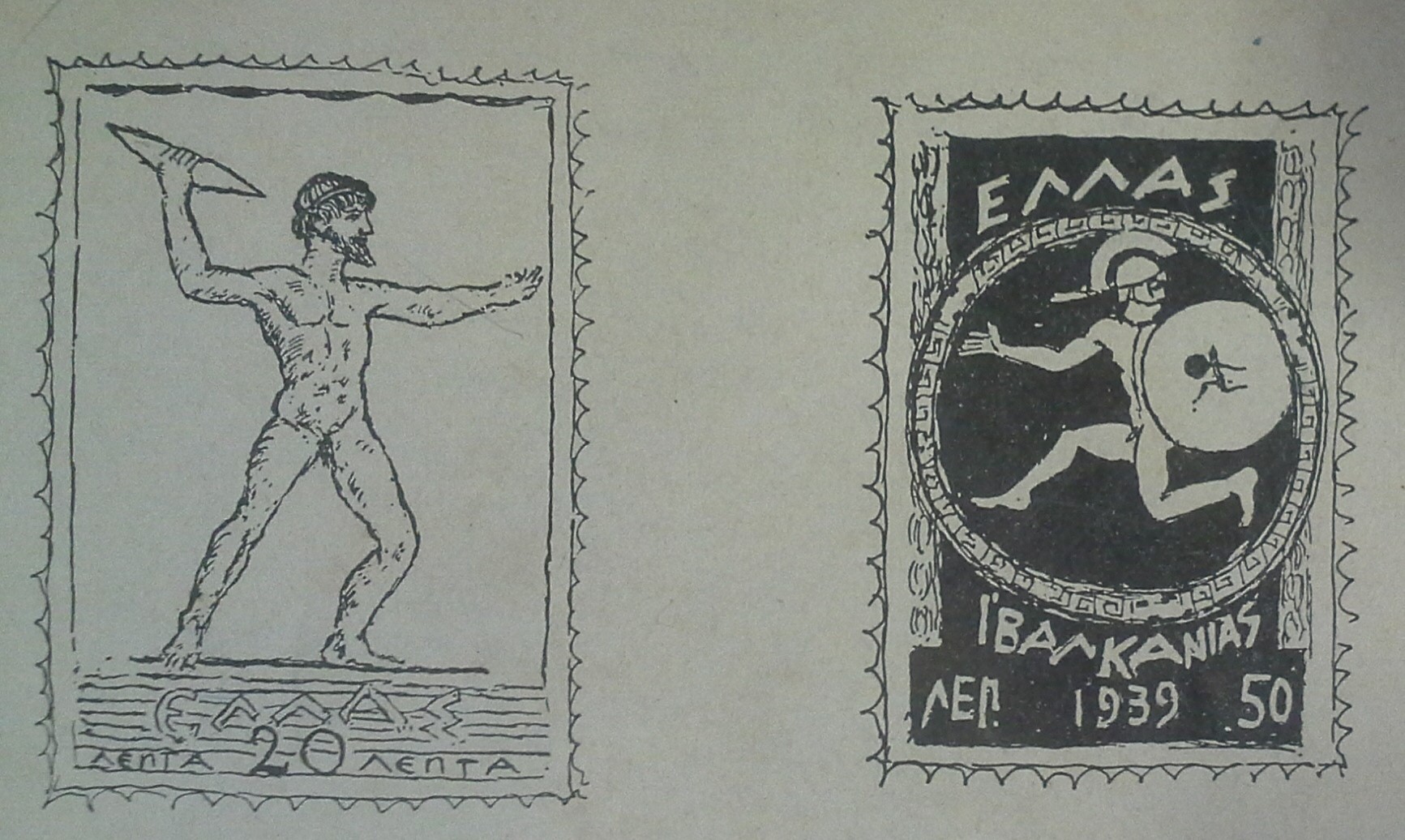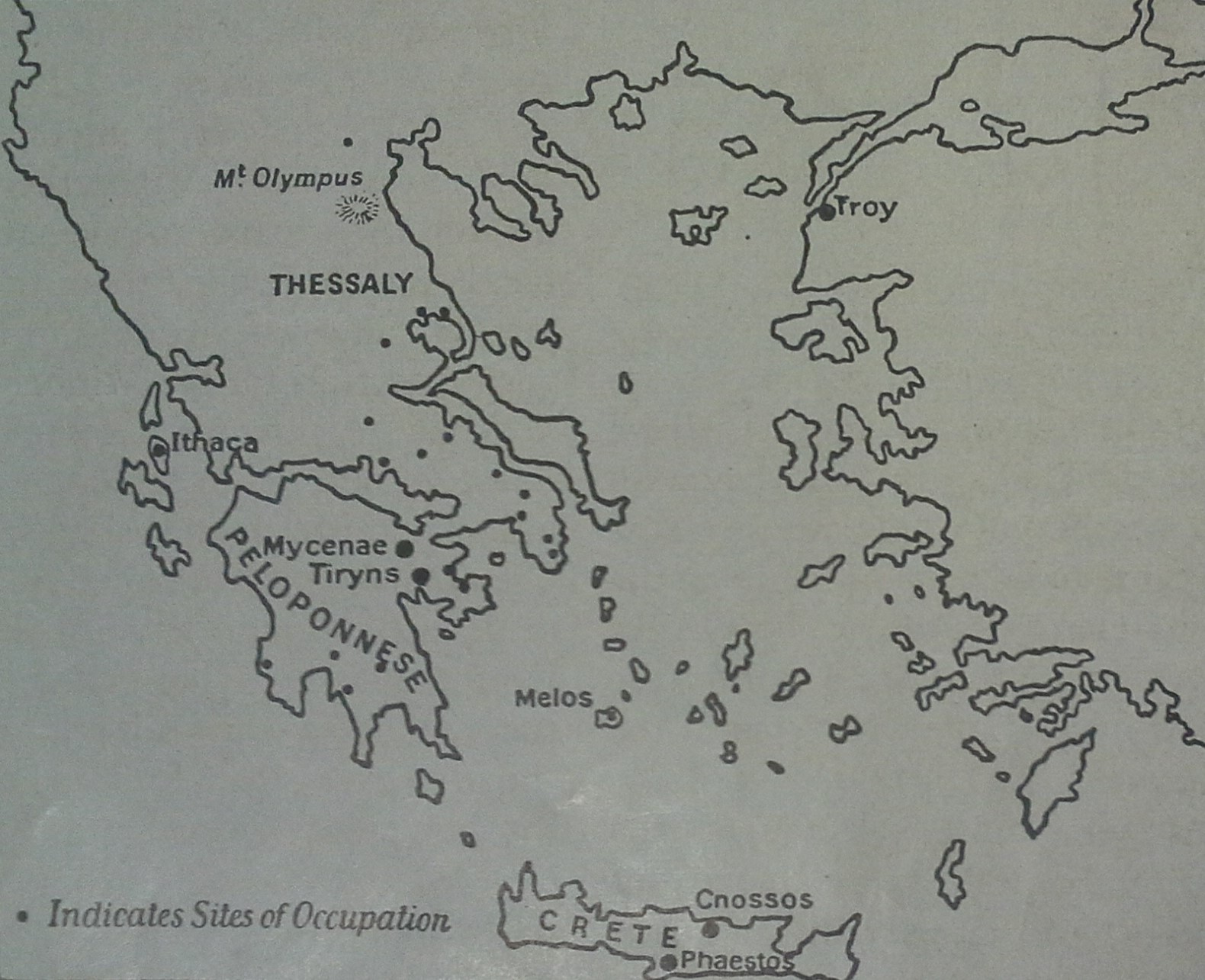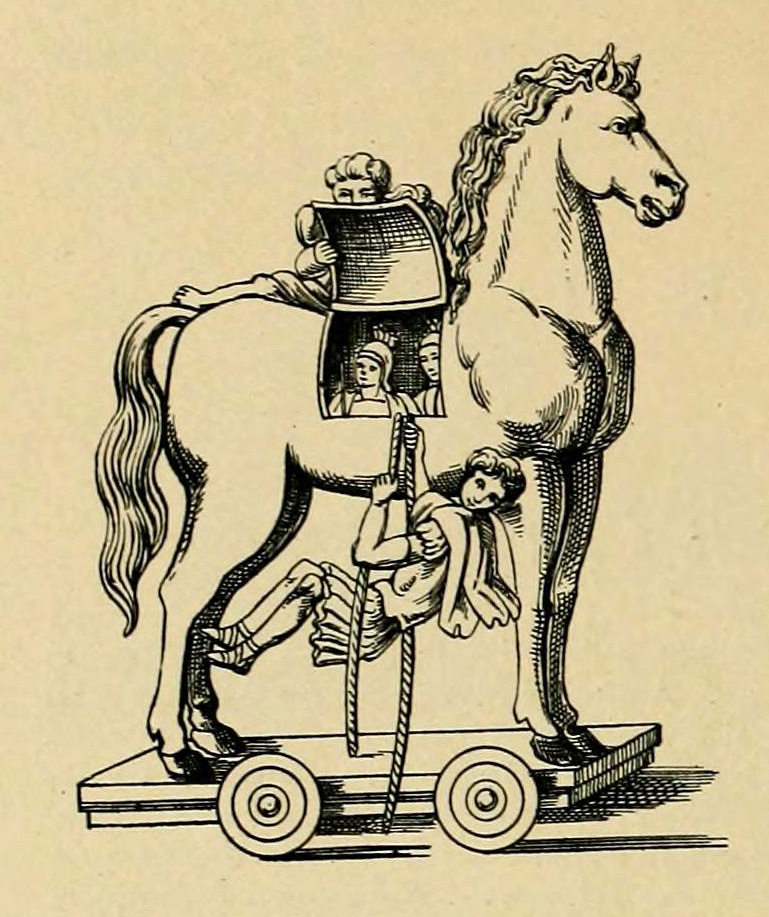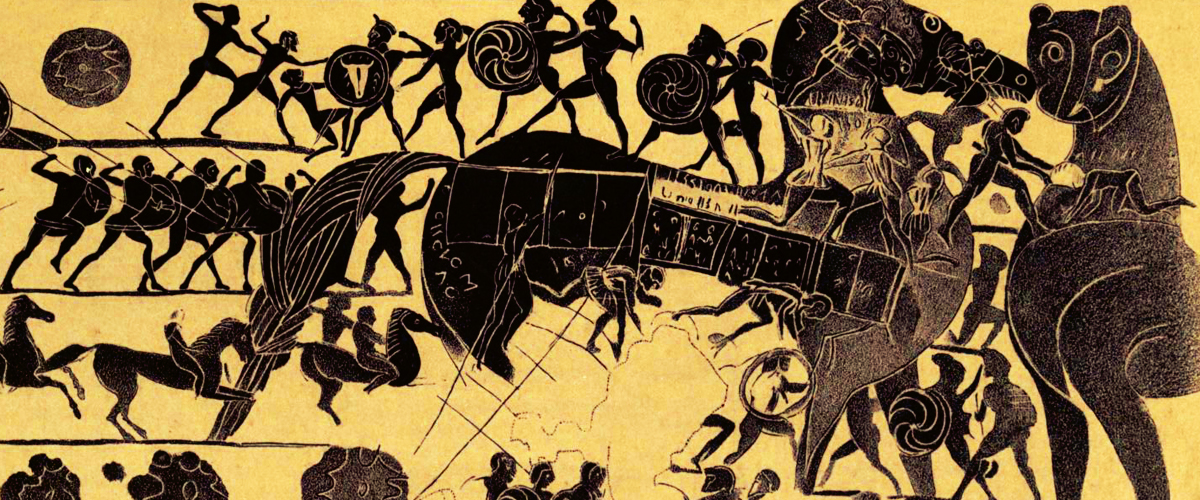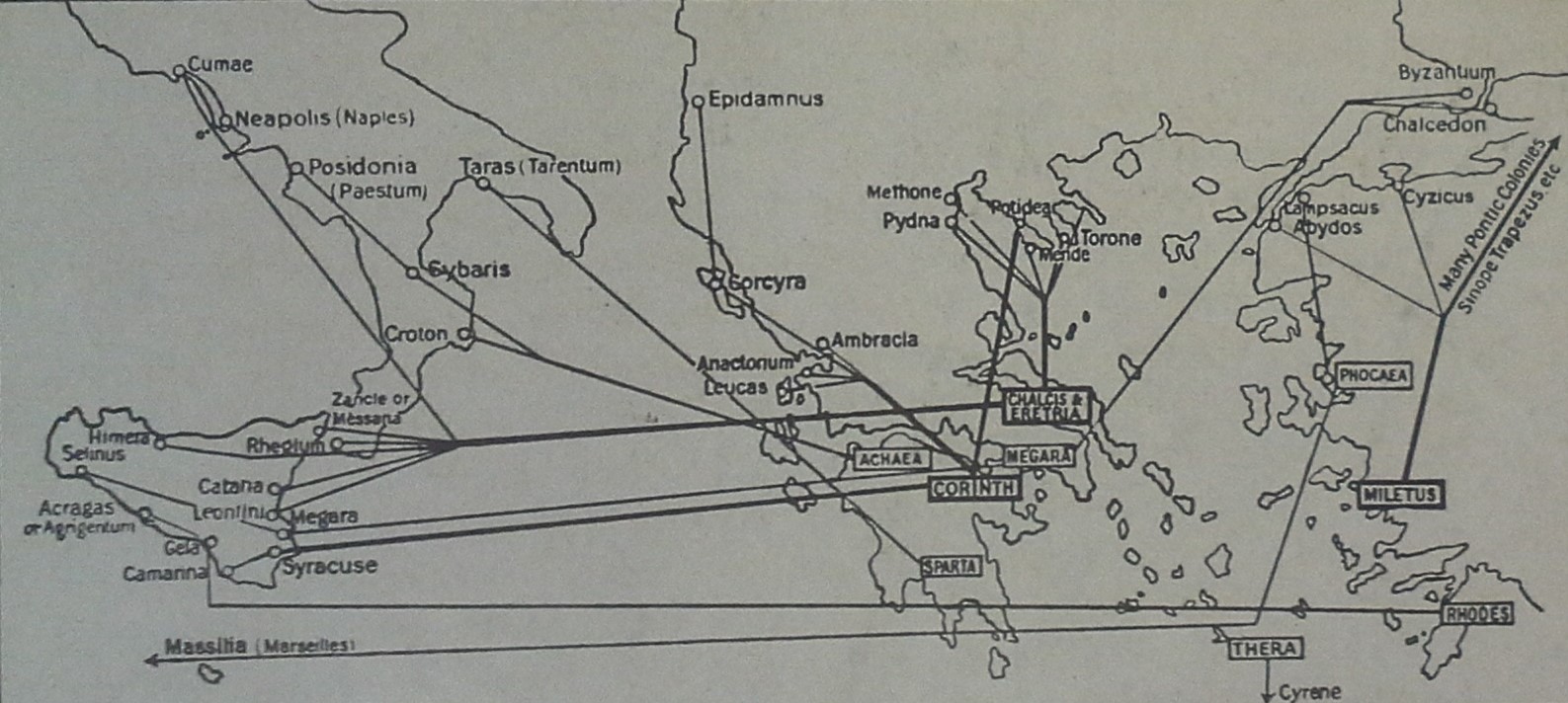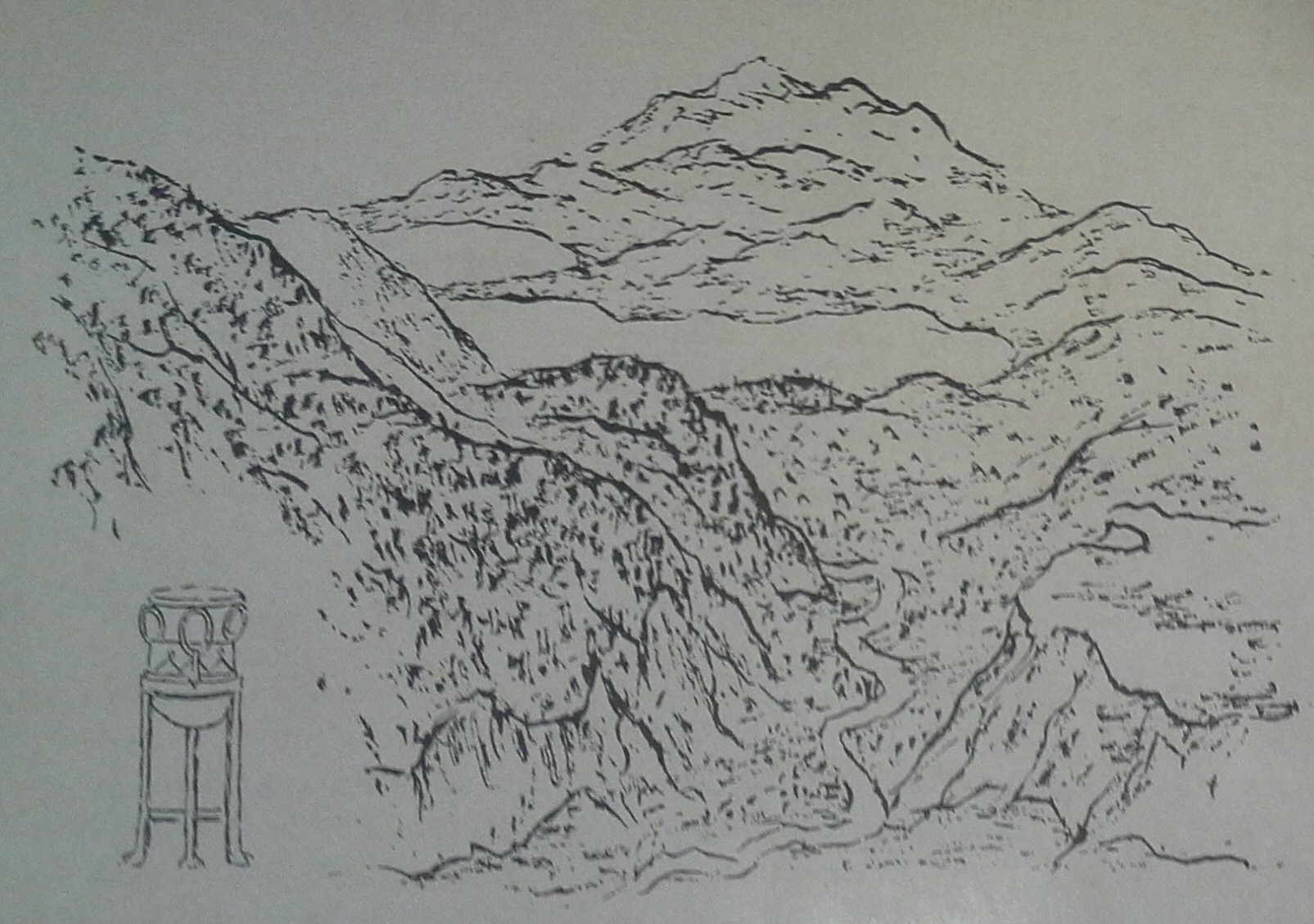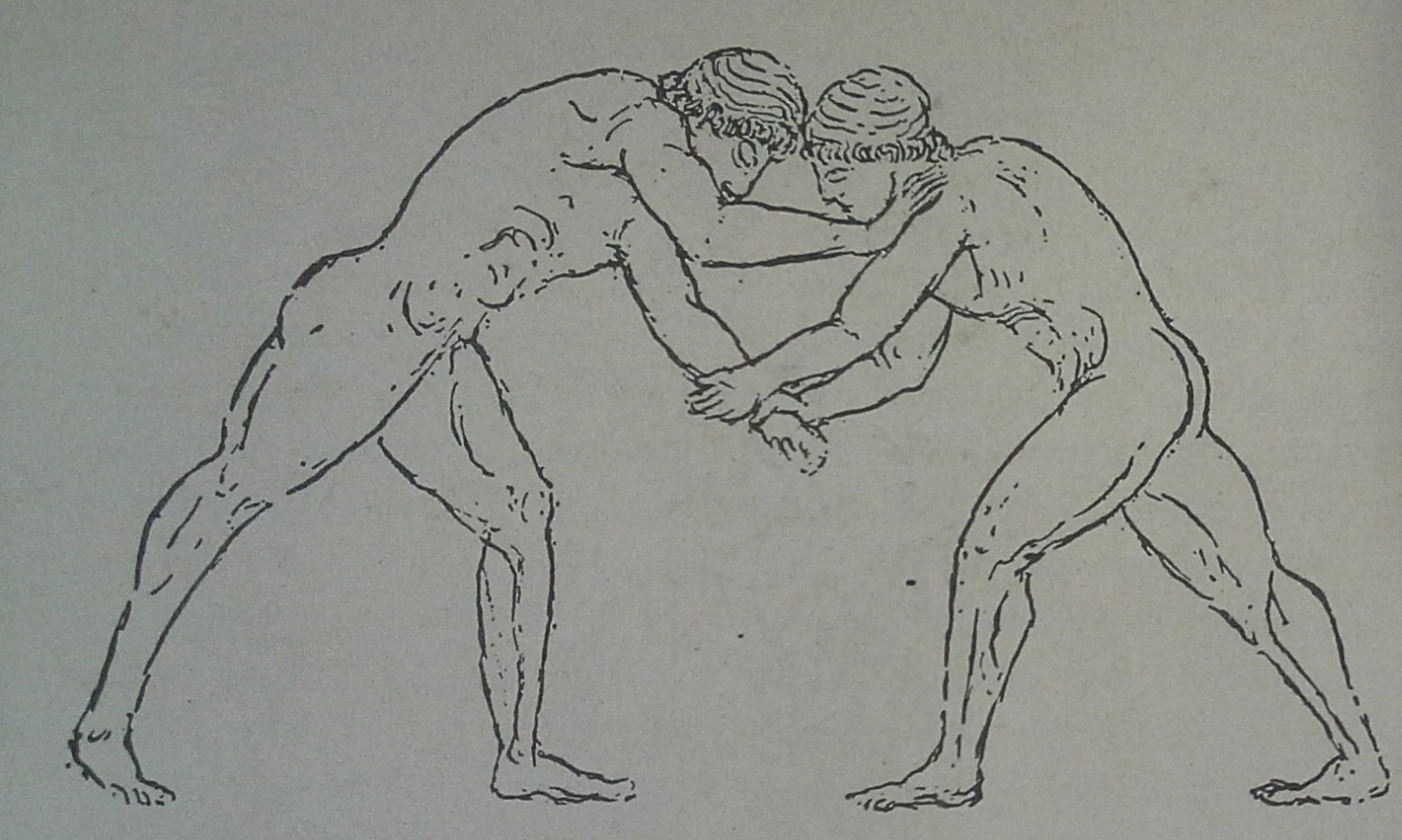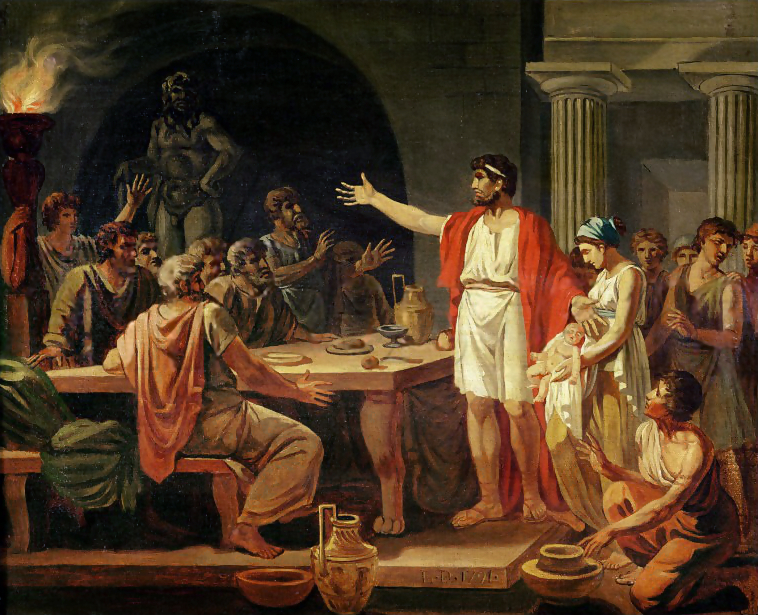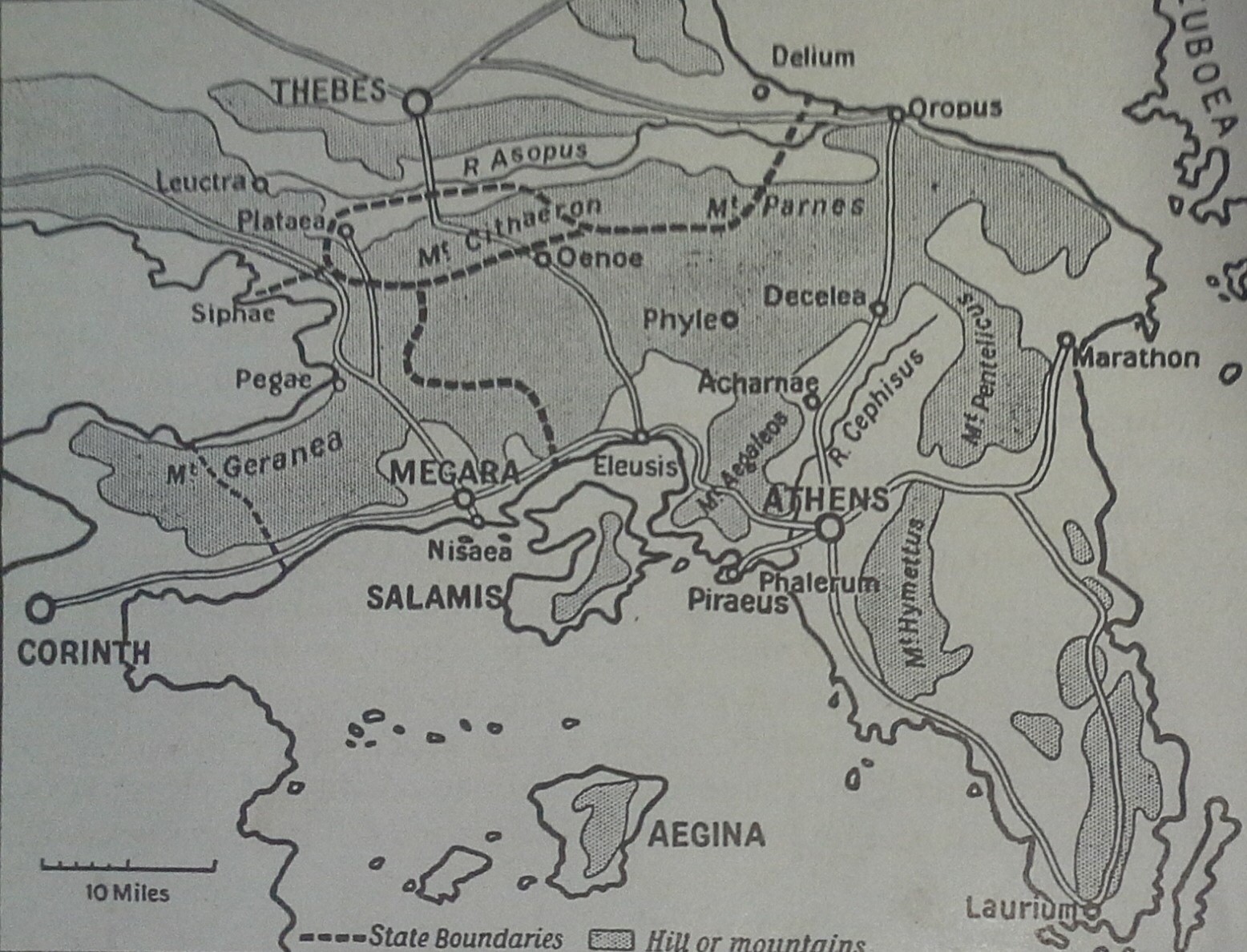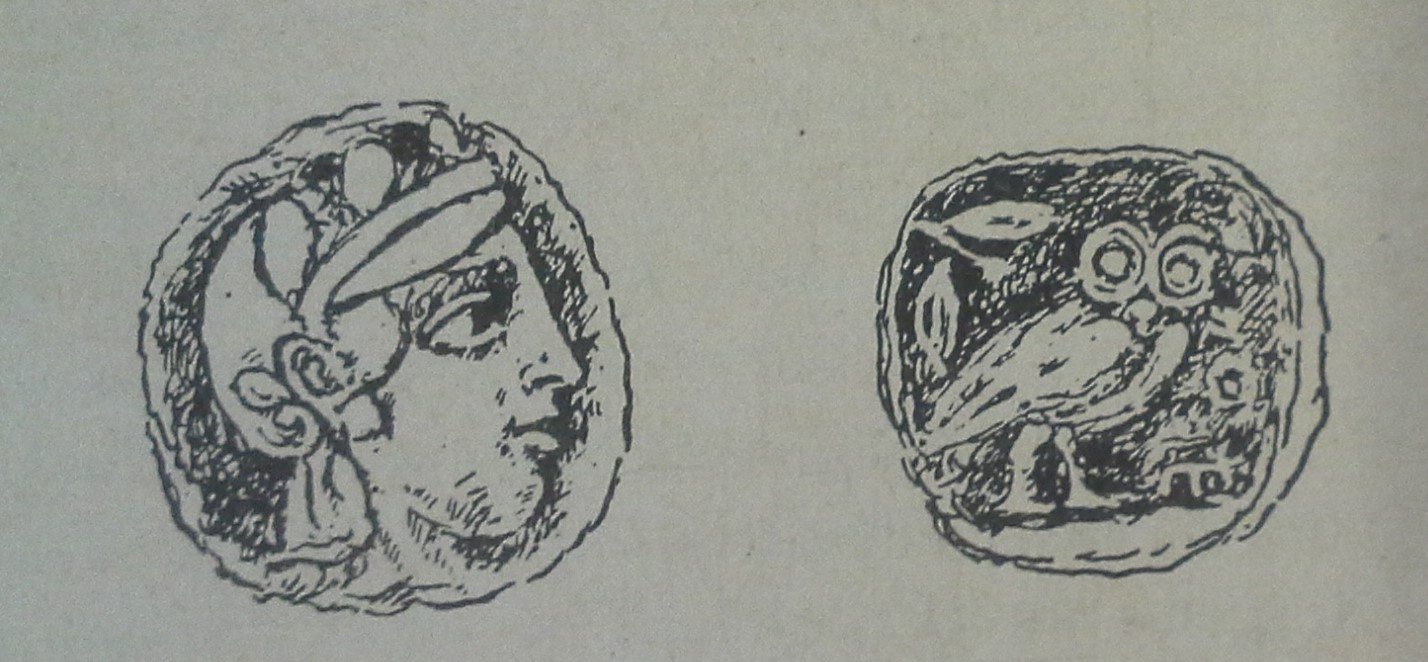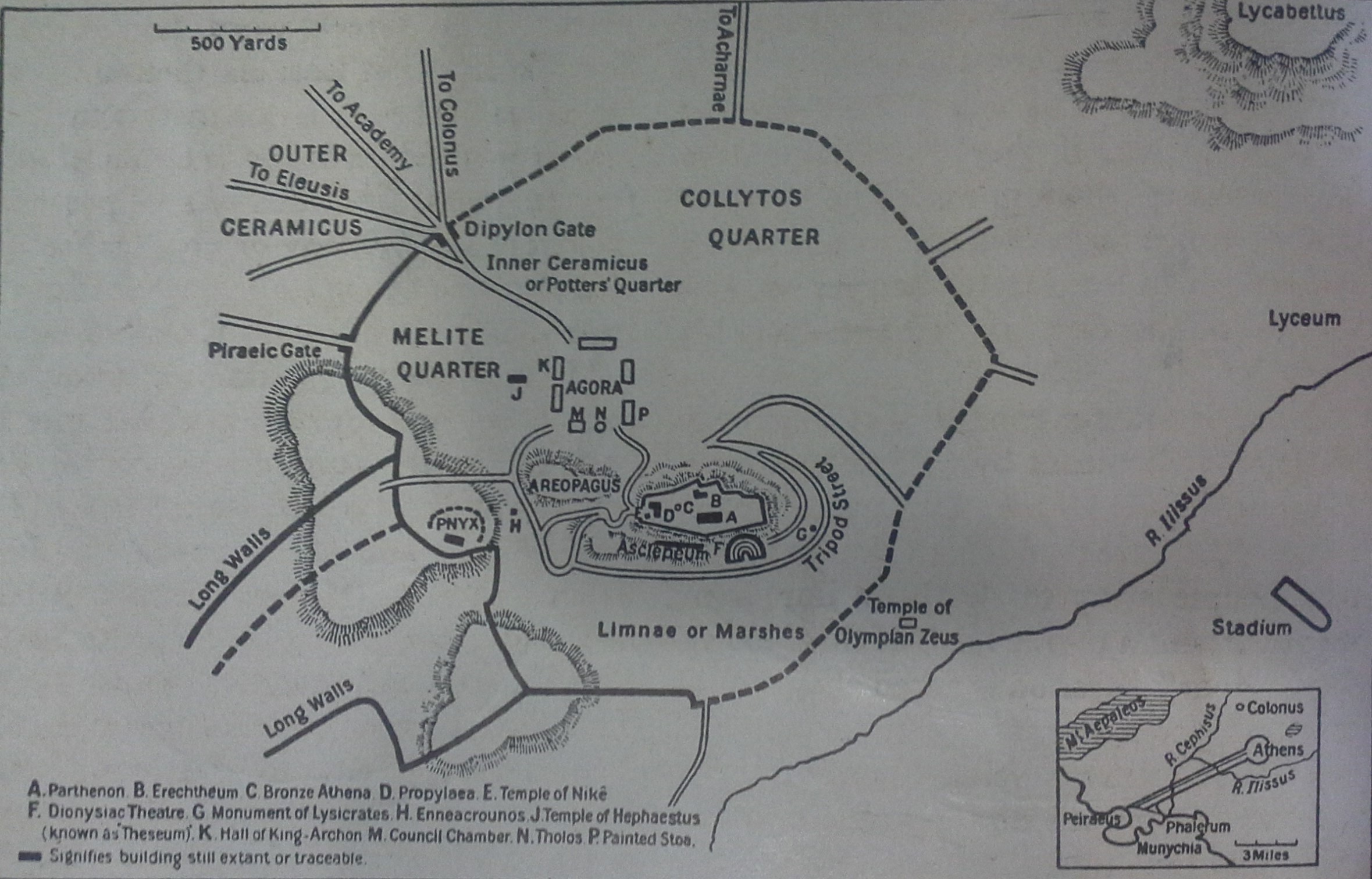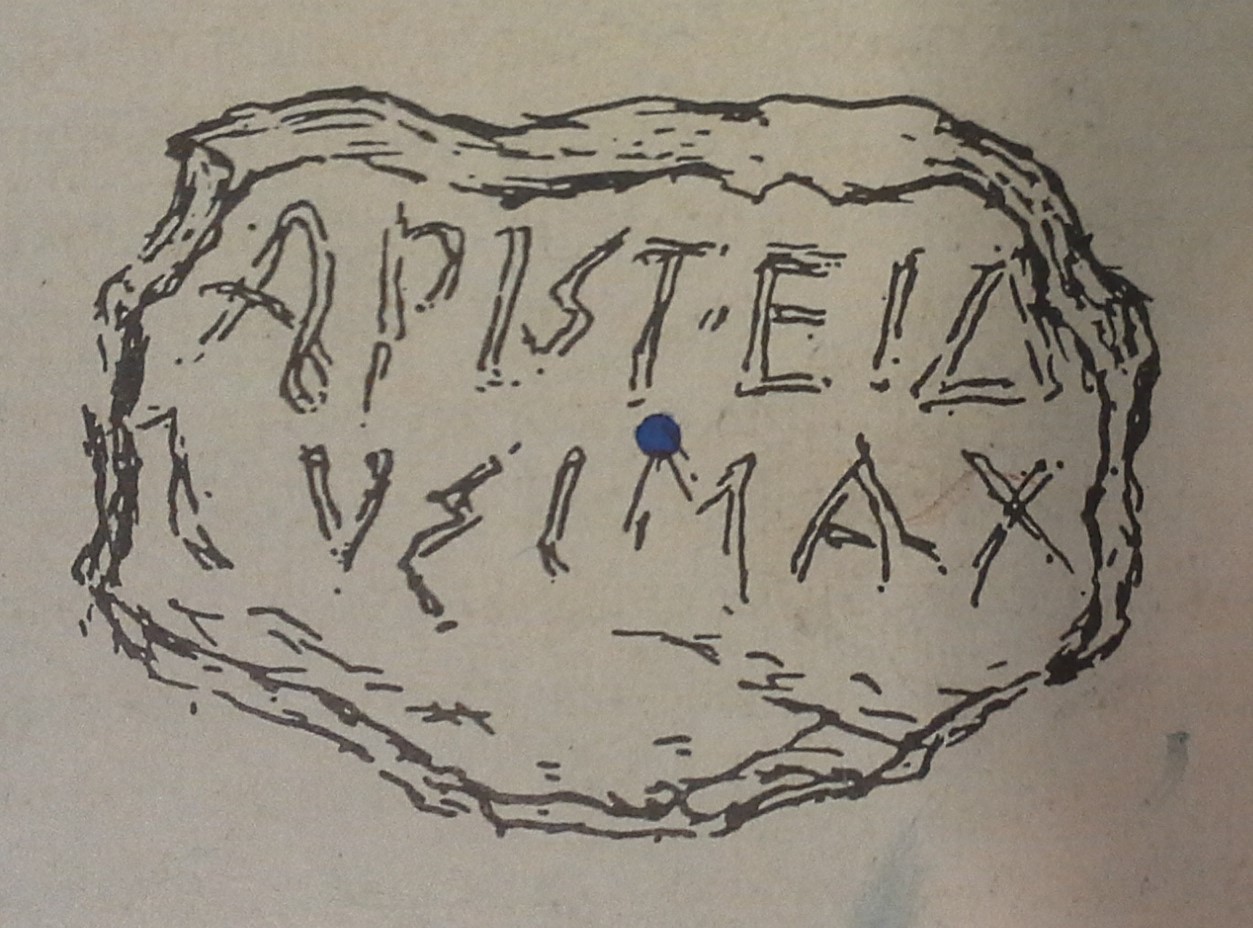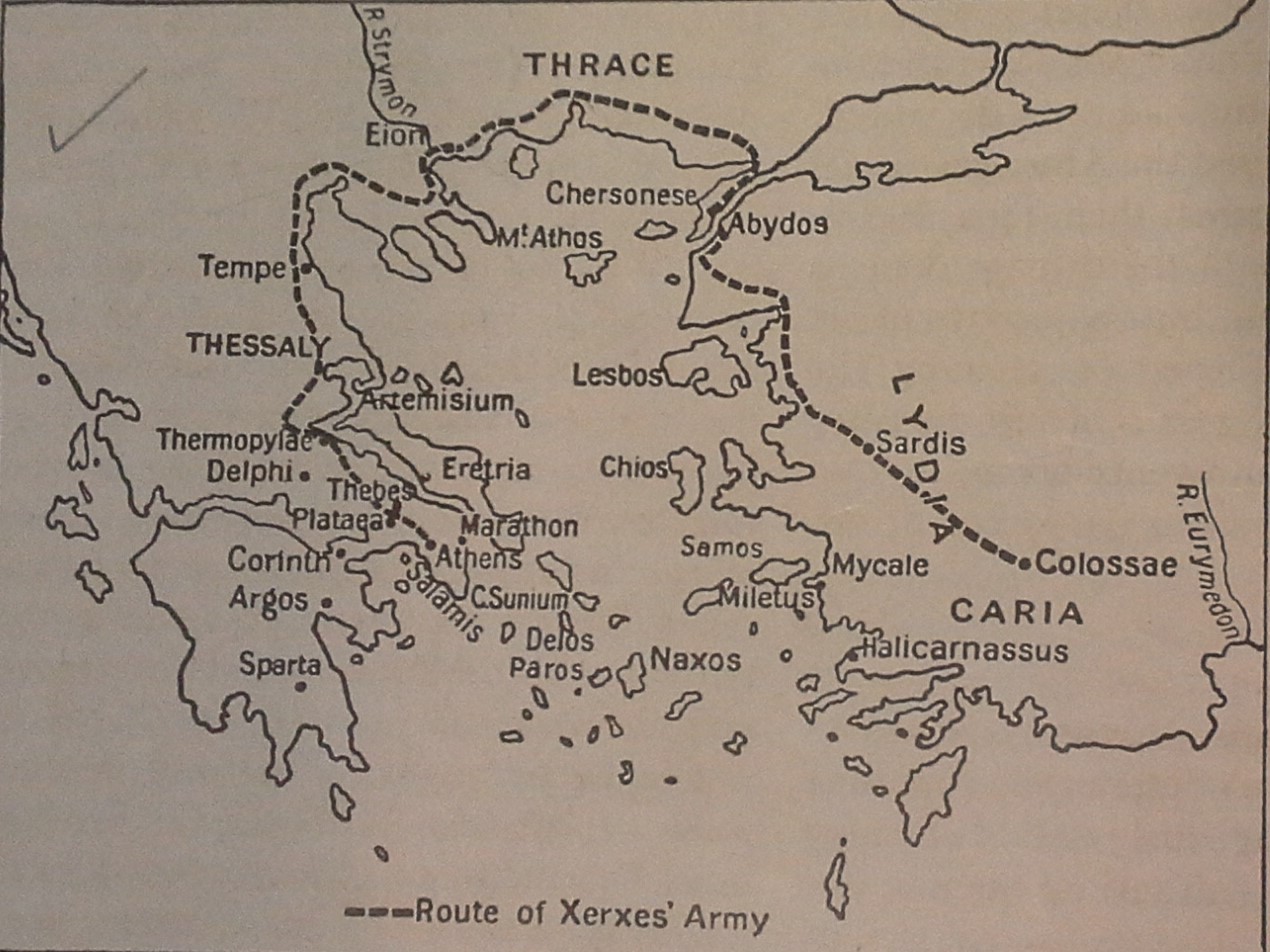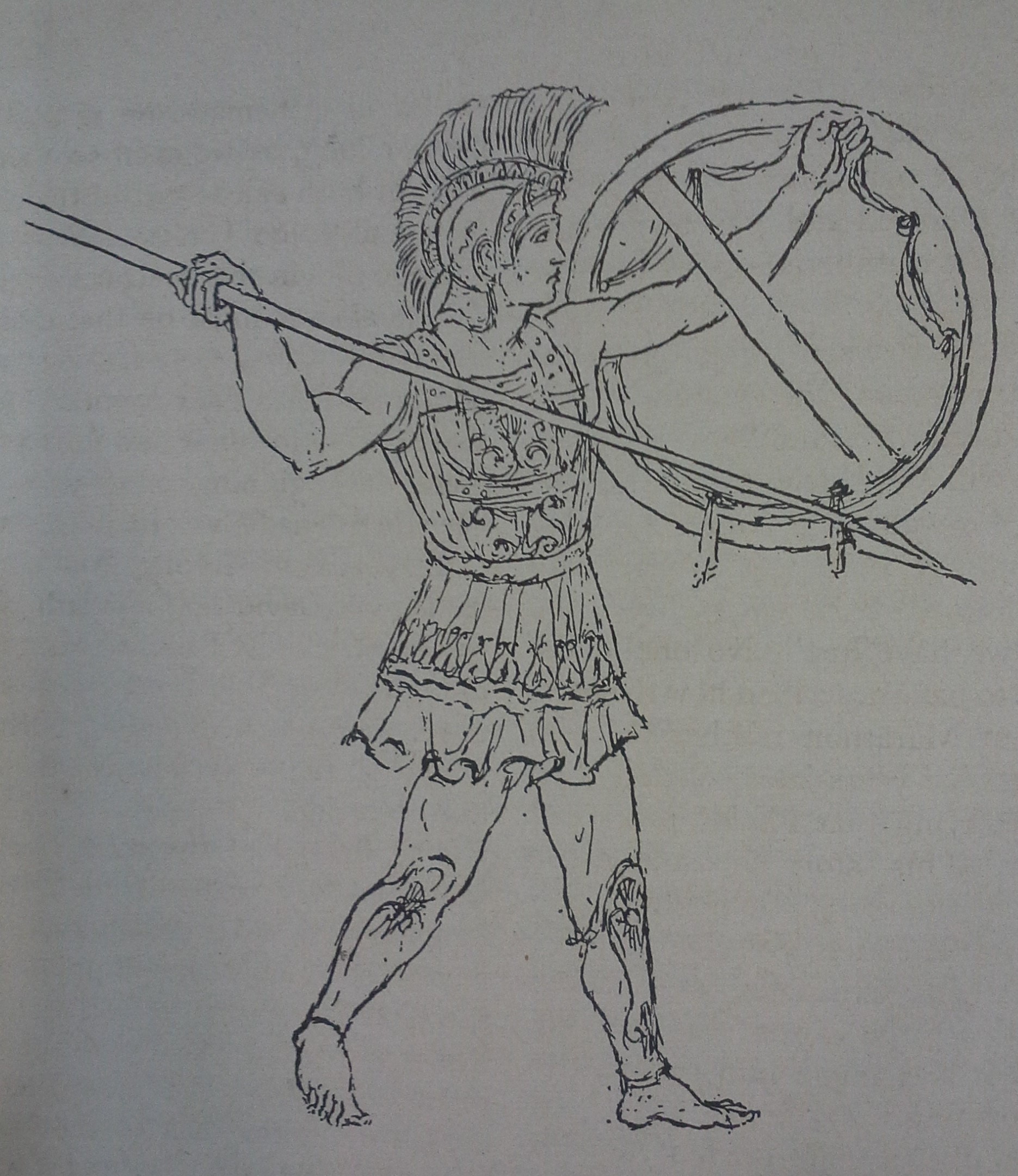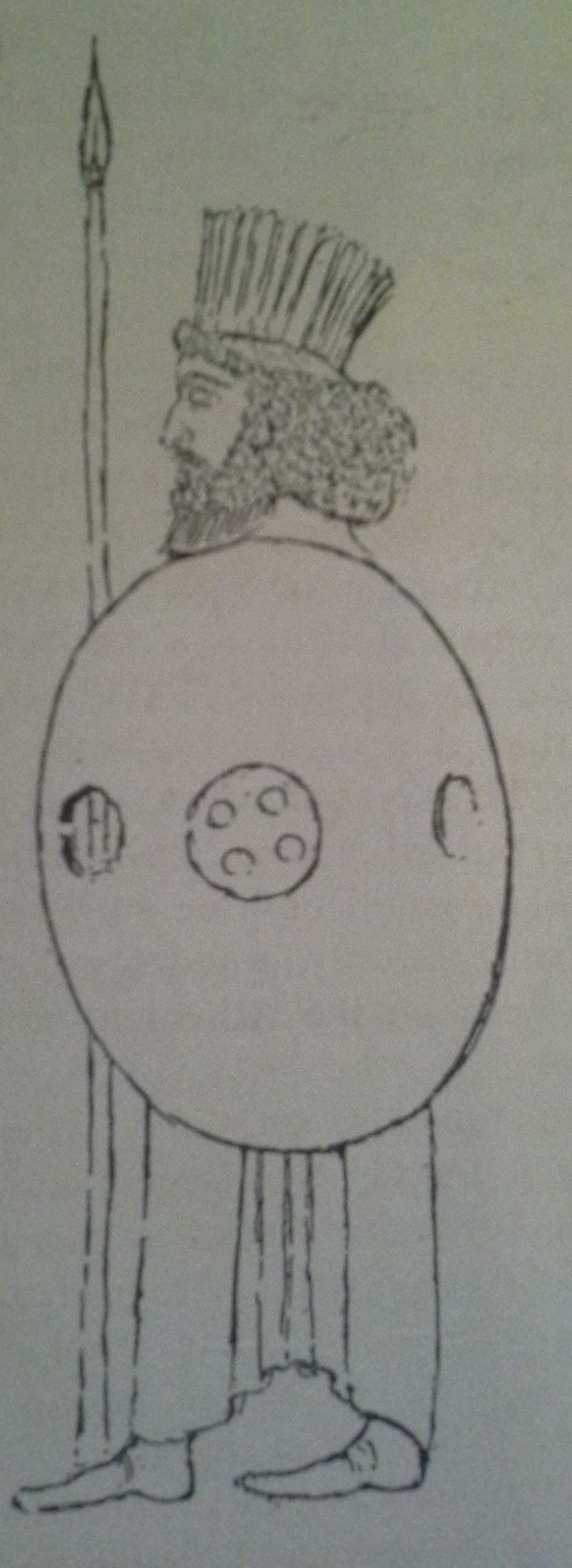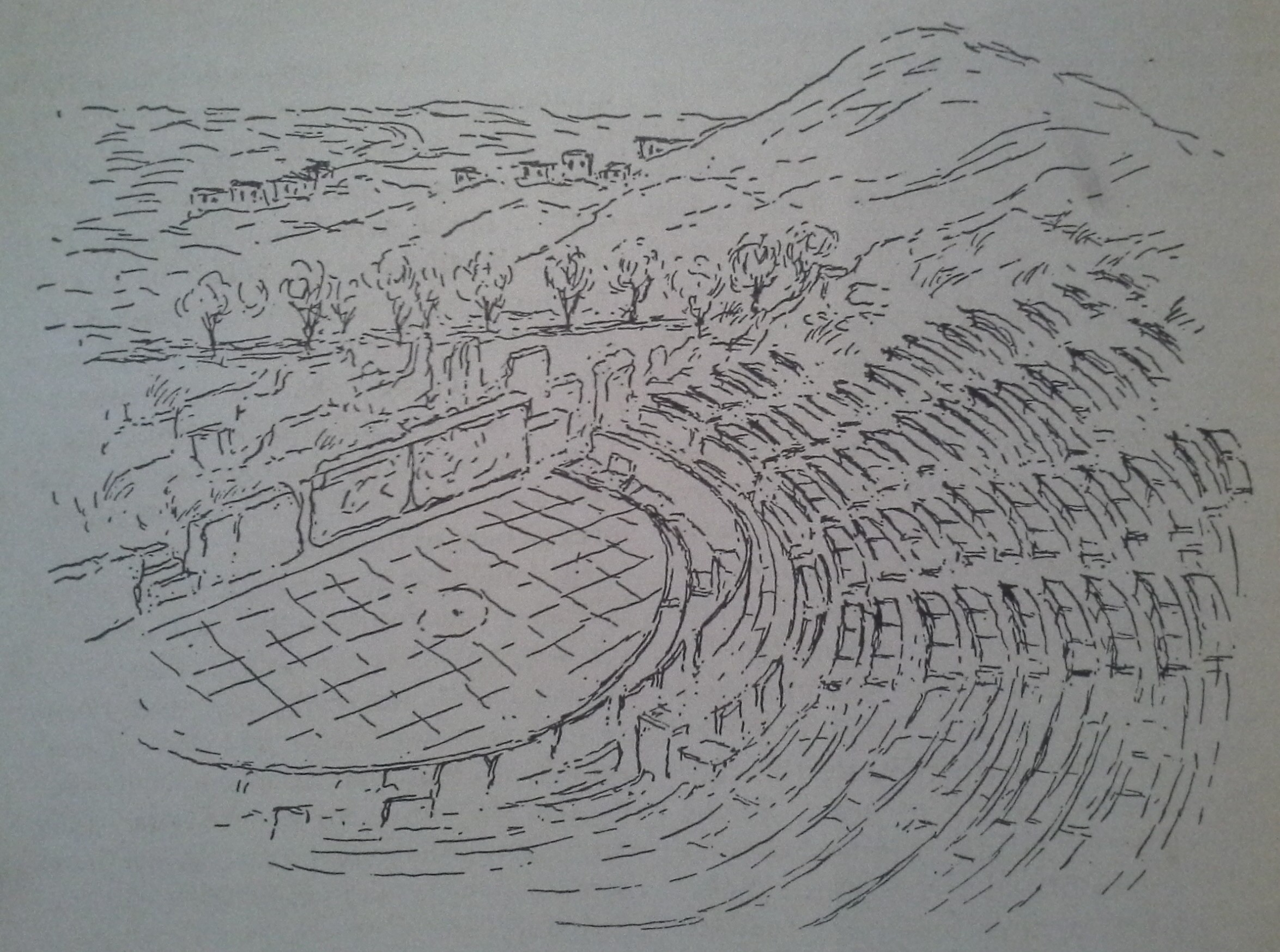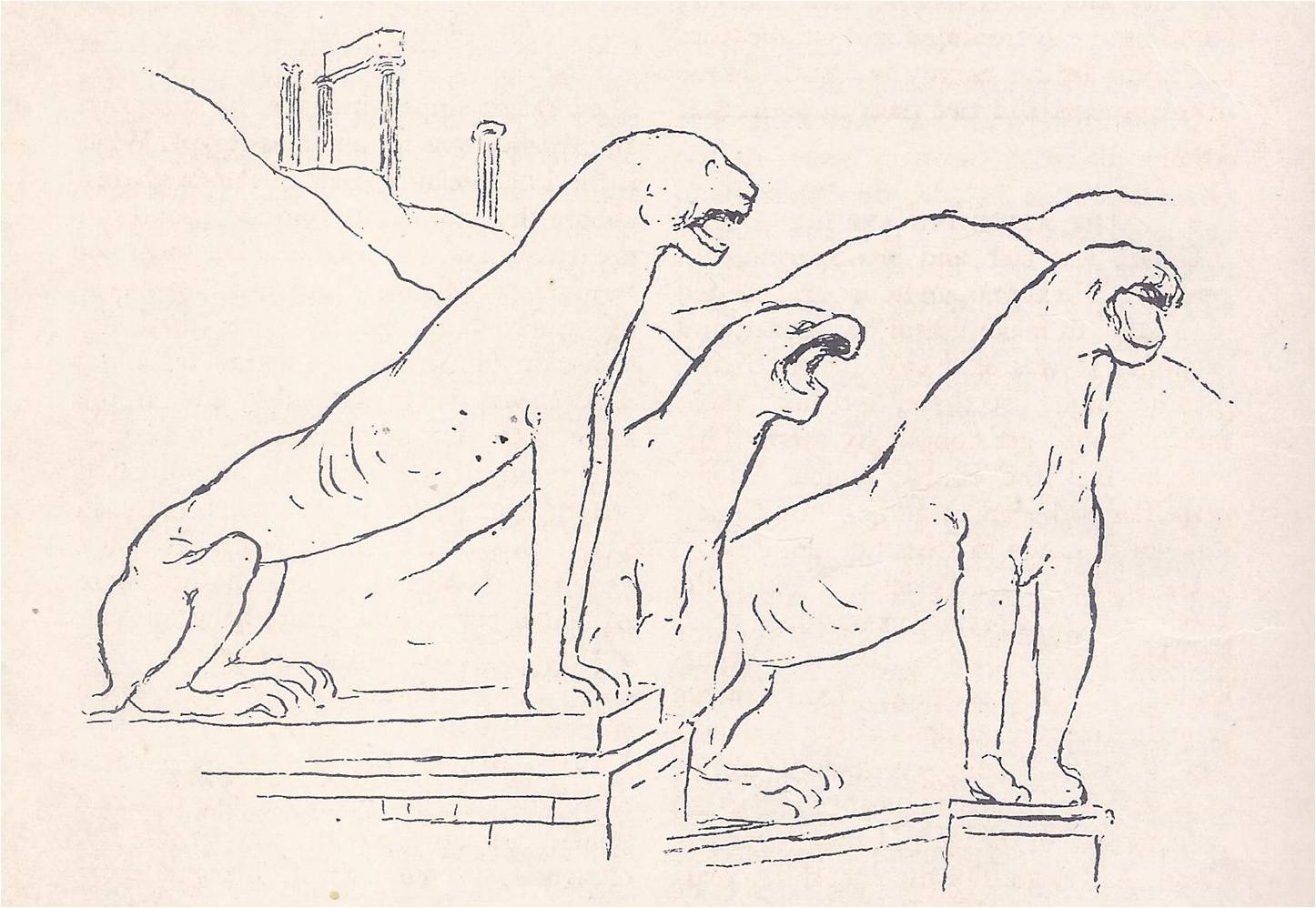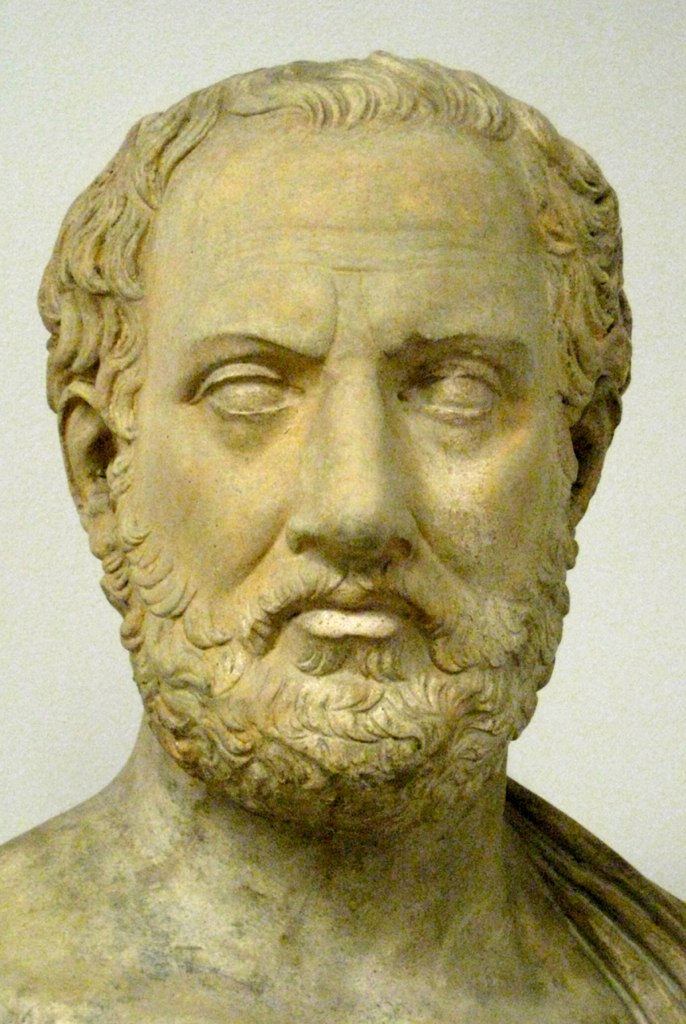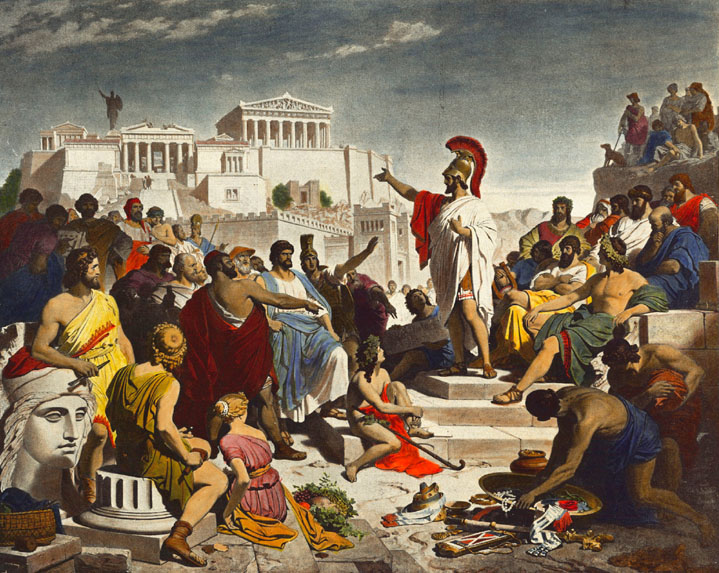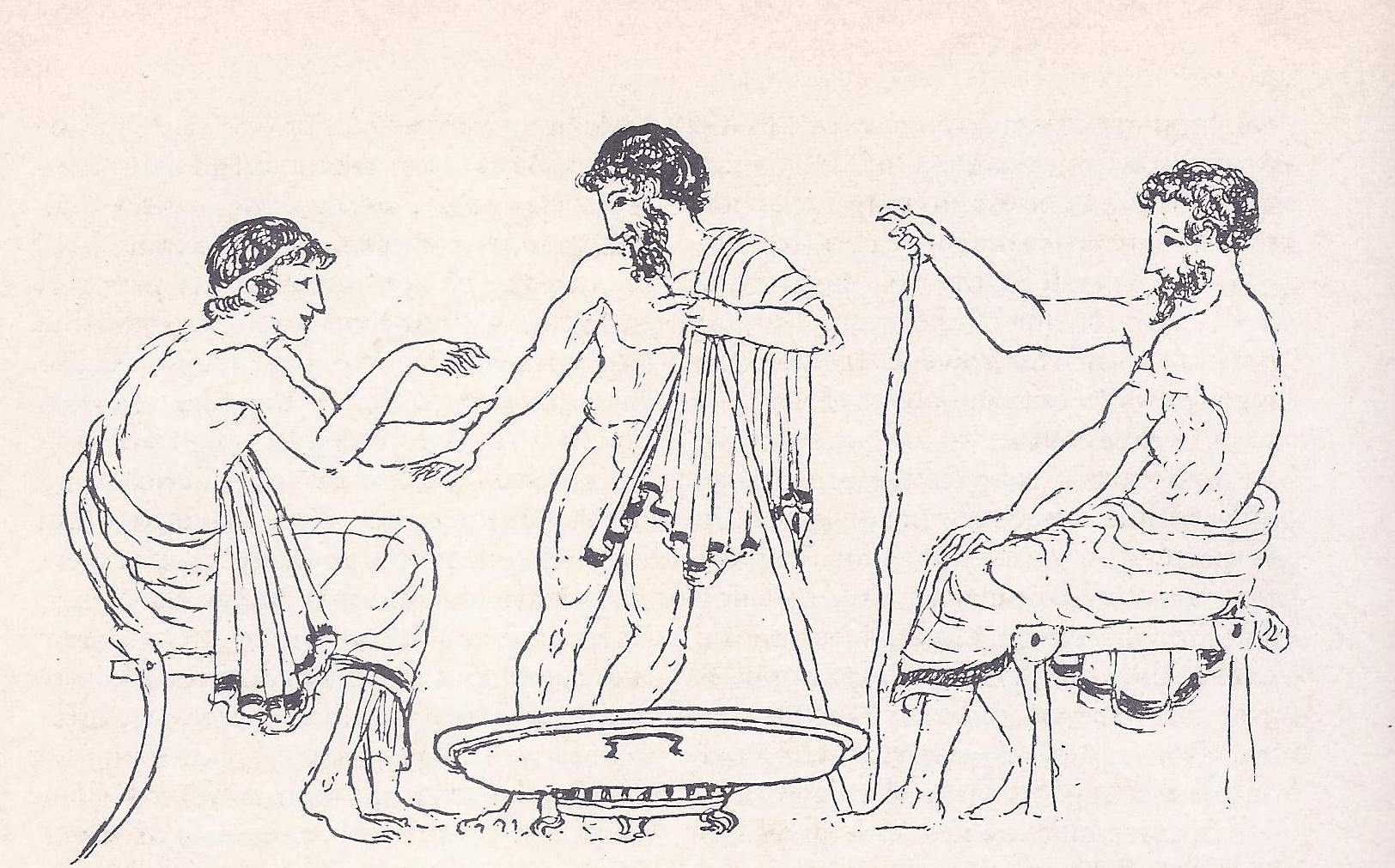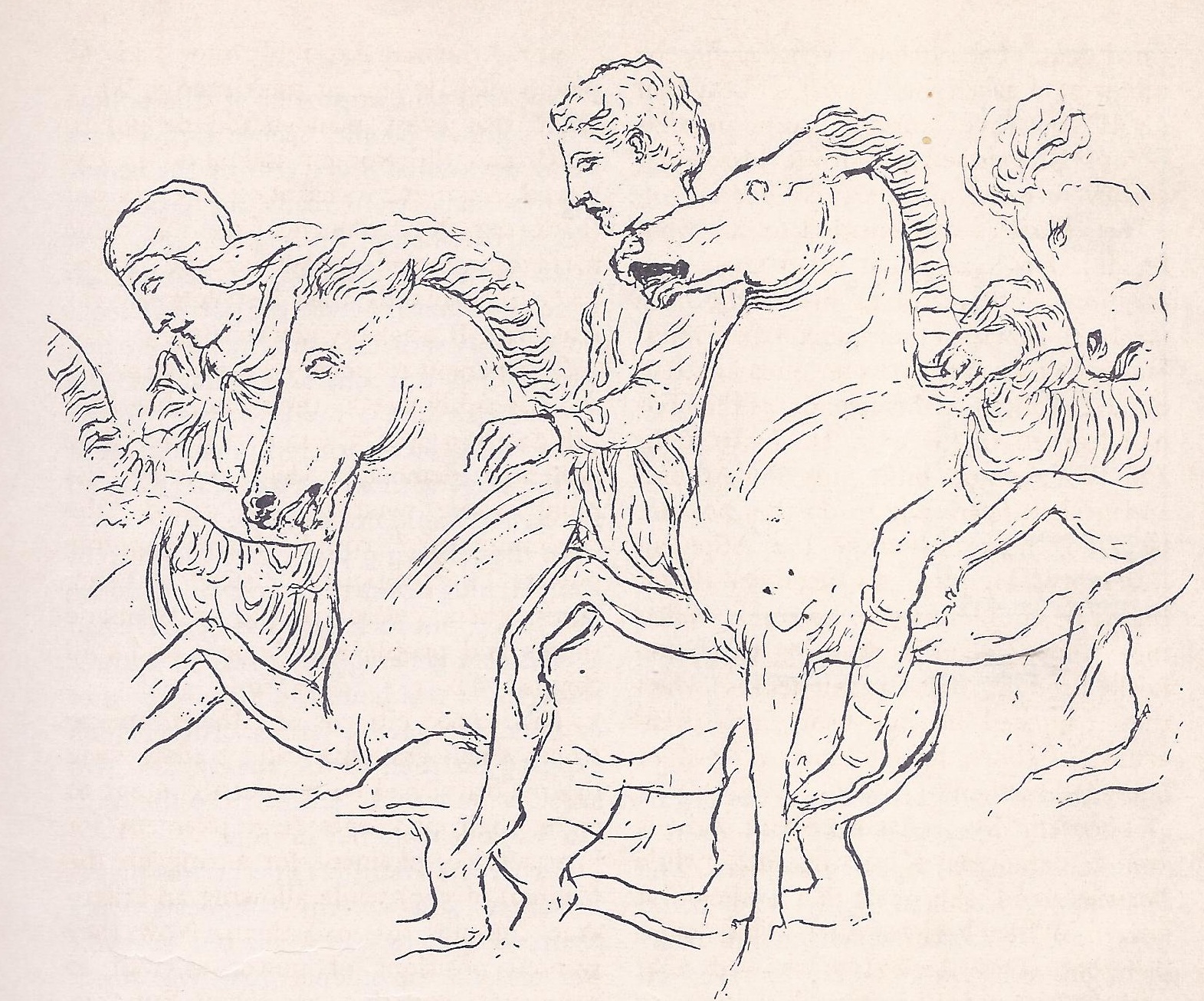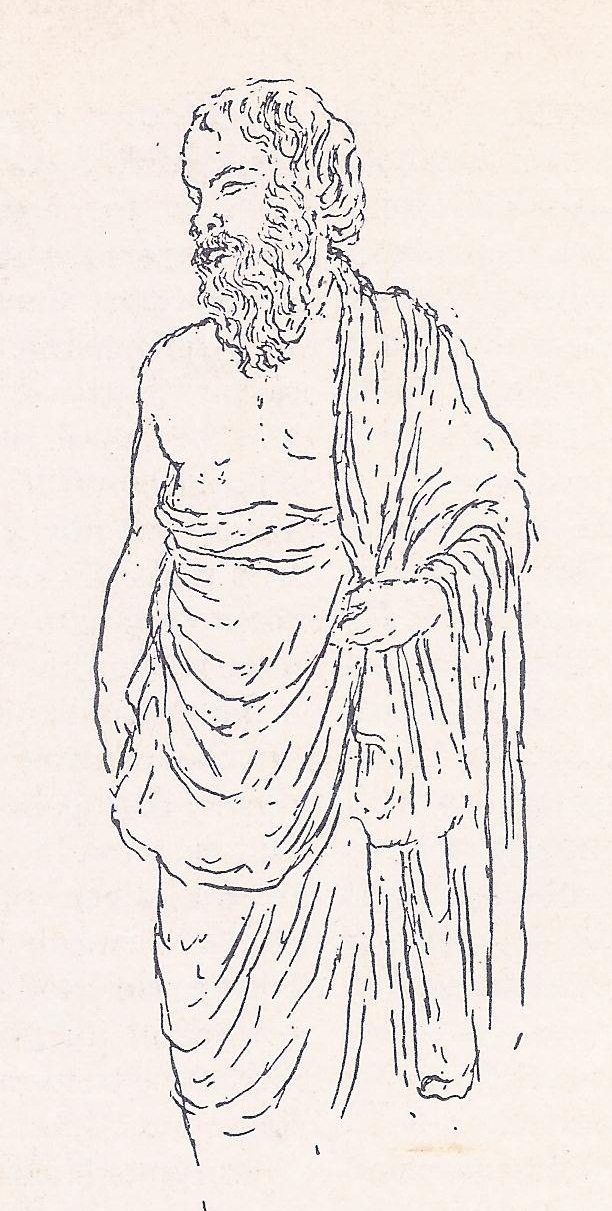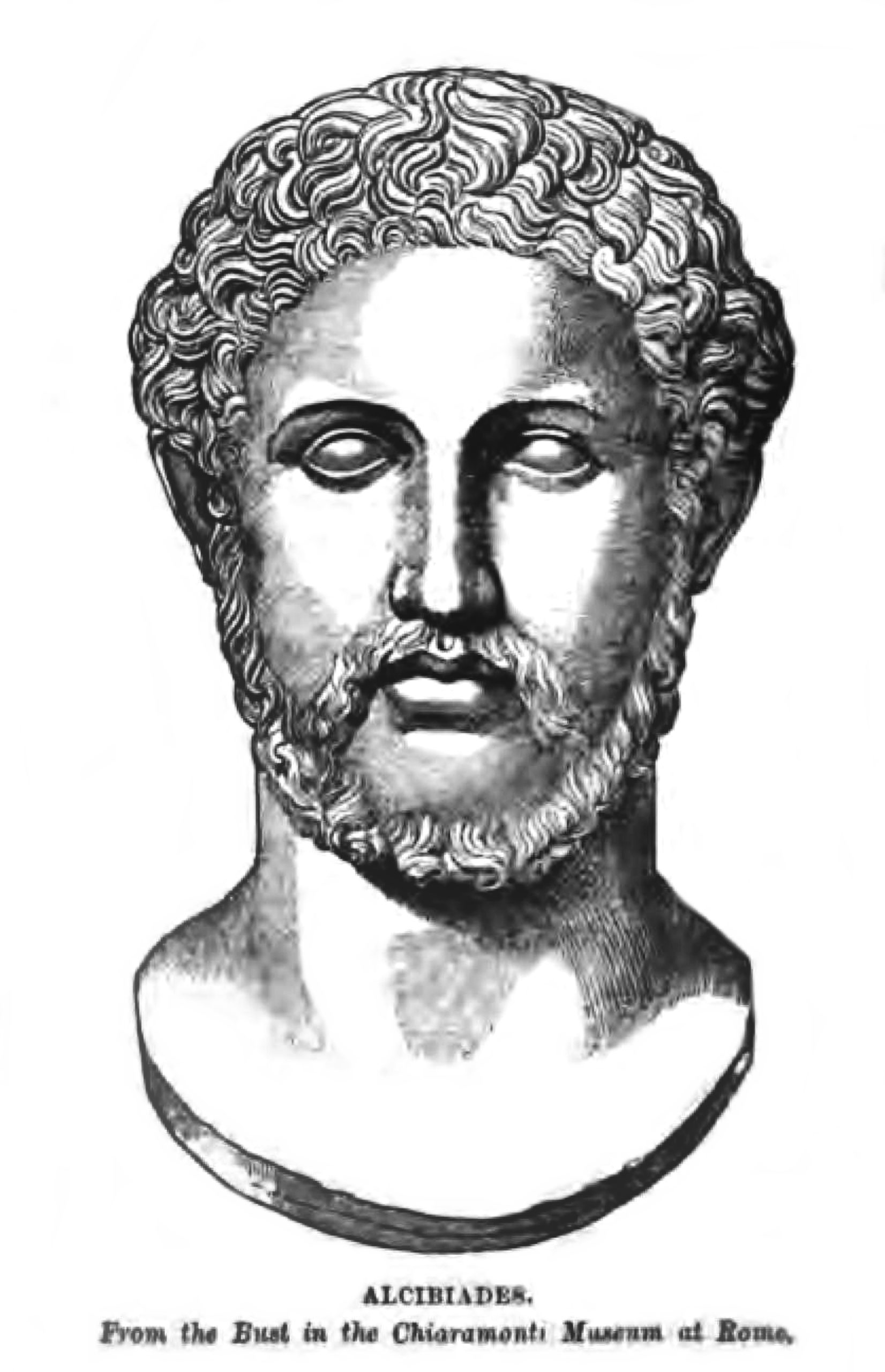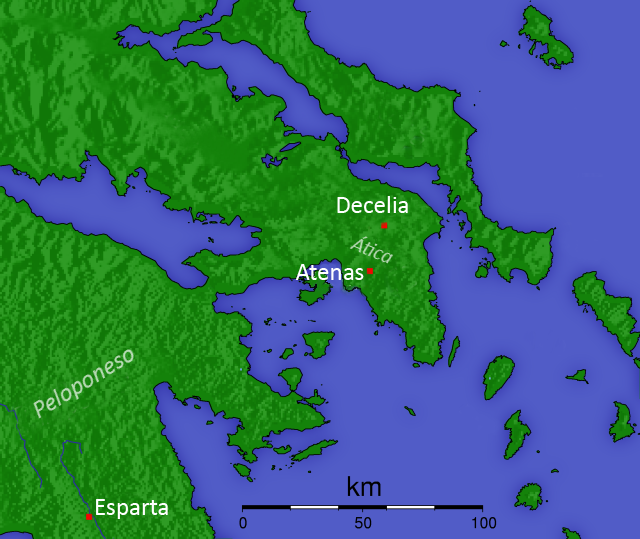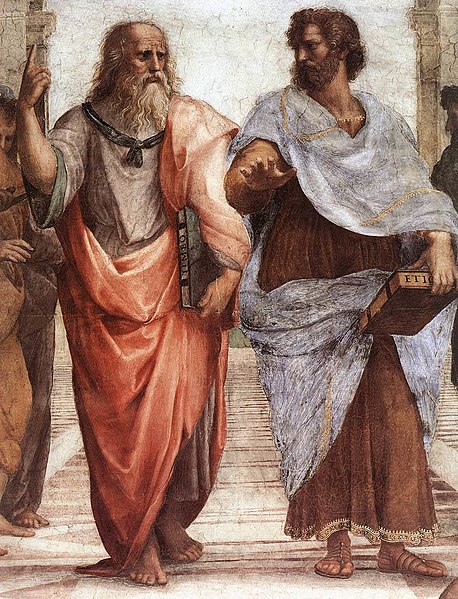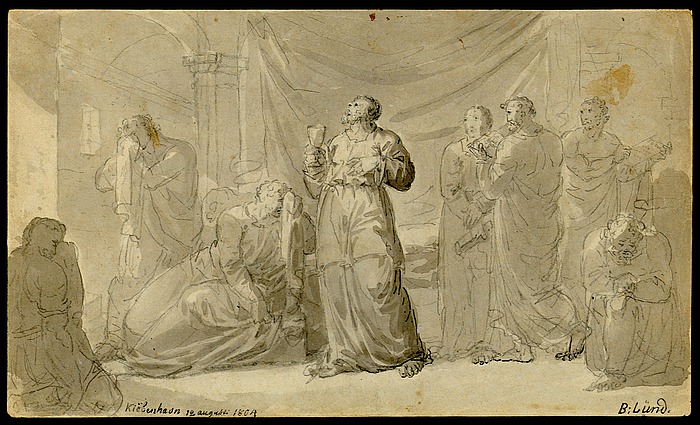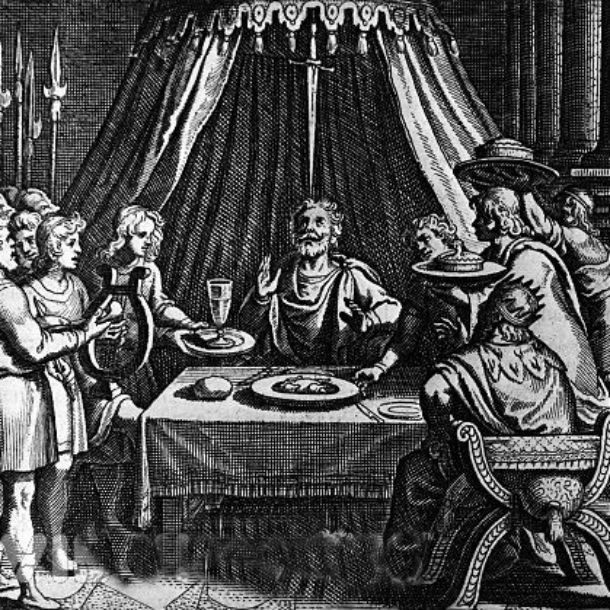Latest Posts
Octavian and the New Roman Empire (B.C. 31 – 9 A.D.)
Octavian delivers the state from that was plunged into depression. A few weeks after January 1 in the year 29 B.C. the
The Emperor Augustus (B.C. 31)
The assassination of Julius Caesar in 44 B.C. initiated thirteen years of bloodshed, during which the people who had plotted
The Roman Republic is Reborn with Imperial Splendour (73 – 31 B.C.)
The happy judgment of the historian Polybius on the strength of the Roman constitution, because of its mixture of popular,
Early Civilizations to Modern Age
Christian Knights and Mongol Horsemen A. D. 099-1404
THROUGHOUT THE eleventh century, the divided Arab Empire became weaker in all its parts. Meanwhile, the Christian lands to the
The City of Dido 264 B. C. – 129 B. C.
In 264 B. C., the people of Rome met in a noisy session of their assembly. The question before them
Seljuks and Mamelukes A.D. 950-1517
LIKE THEIR relatives the Mongols, the Turks began as wandering herdsmen in Central Asia. Their first contact with Islam was
Distant Past and New Challenges
Milestones of History
Hammurabi – The First Law Code (1750 B. C.)
As the political state evolved, the problem of its administration evolved too. The territory ruled over by Hammurabi of Babylon
Hittites – A New Power Arises (1750 – 1450 B.C.)
Hittites, a new power, arises in the Near East and Babylon is eclipsed. The Babylonian kings who followed Hammurabi were
The Eruption of Santorin – (B.C. 1450)
By 2000 B.C. Crete, and its out post the island of Santorin, was the home of a remarkable, flourishing civilization. Known
